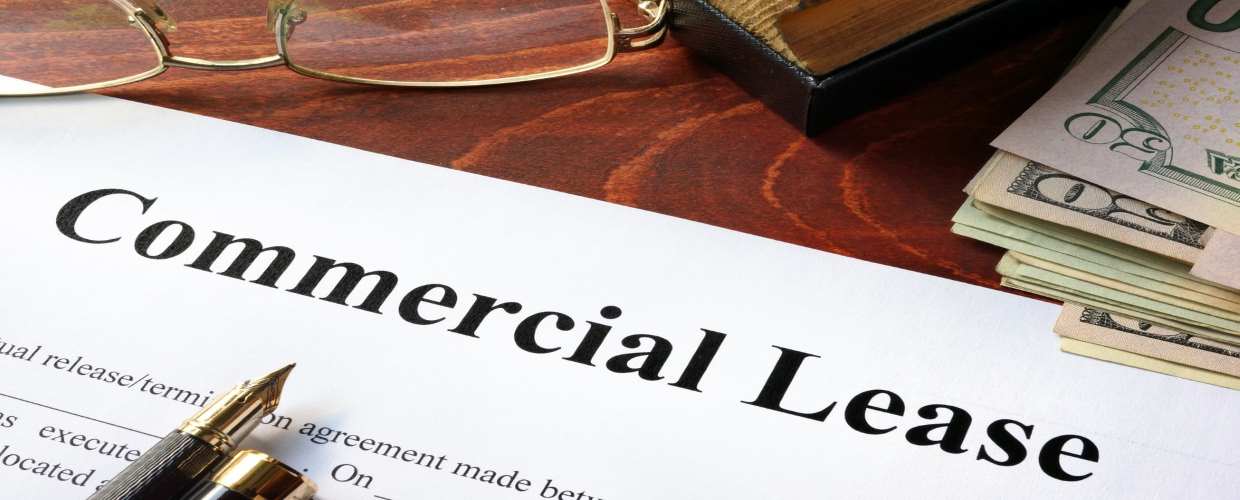Whilst individuals might have a life goal of owning a property, the same cannot be said for businesses. There are many reasons why a business, rather than owning a property, will prefer to lease one. The first, is simply that many businesses do not have the financial resources to afford both the deposit and the payments on a commercial property mortgage.
A second reason is that leasing gives a business greater flexibility should they expand quickly and require a move to larger premises. A third reason will be a case of logistics, where a company operates entirely within two floors of offices and it would not be feasible for them to purchase an entire 10-floor office block, for example. No doubt many business owners will be able to cite additional reasons why, for them, leasing premises is preferable to buying them.
In all cases, for a business to be able to lease business premises there will need to be a commercial lease agreement signed by them and the property owner, or property management company. This is a legal document that must comply with commercial law. To do so it is likely to contain several sections, some of which are deemed essential by commercial law, so let us look at what they are.
Essential Elements Of A Commercial Lease Agreement
The term “Commercial Premises” covers several possibilities which include:
- Retail Stores
- Offices
- Warehouses
- Factories
- Industrial Plants
- Workshops
- Working Yards
- Storage Units
- Bars
- Restaurants
In truth, any property which is not being used for residential purposes has the potential to be leased out commercially by its owner. Regardless of which purpose the specific property can be used for, if it relates to commercial activities then a commercial lease agreement is required. Within that agreement, four essential pieces of information must be included.
Offer: In commercial law, this defines the terms being offered by one party to the other party. In a commercial lease agreement, this will relate to specific such as the individual property, lease term, and so on.
Consideration: Consideration is the legal term used to describe the price requested by a seller for the goods or services being offered. In this case, it would be any upfront fees or deposits, plus the rent payable for the commercial premises.
Intention To Make Legal Relation: Until both parties agree to any contract it does not exist. Conversely, once both parties have agreed to and signed the commercial lease agreement it becomes legally binding on both of them.
Acceptance: This term identifies the fact the lessee of the commercial property has accepted the offer made by the lessor.
Other Features Of A Commercial Lease Agreement
The essential features might sound like a lot of legal speak, so should you have any concerns relating to understanding any of them, speak to your commercial lawyer, especially if you are considering leasing a commercial property. Thankfully, there are sections within the commercial lease agreement that are somewhat easier to understand.
Property Information: This will include the address, the size, its amenities such as lifts and toilets, plus easement rights.
Permitted Usage: This defines the allowed usage of the property. In other words what type of business can be run from it.
Maintenance And Repairs: This will outline what maintenance and repair obligations are to be met by the lessor and to what level of expenses, if any, are to be met by the lessee’s business.
Dispute Resolution: This will explain what should happen and what third parties may be used should the lessor and lessee have a dispute they cannot resolve.
Lease Term & Renewal: This will state what how long the lease will run for, and the arrangements for both parties to renew the lease.

